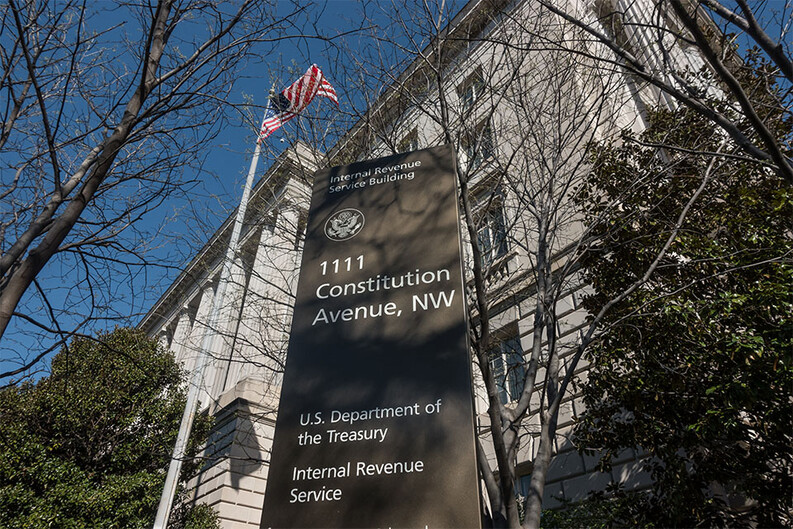Professor Sarin Testifies Before Senate Finance Committee

Associate Professor of Law Natasha Sarin testified before the Senate Finance Committee on May 16 on the importance of preserving funding to modernize the Internal Revenue Service (IRS) provided by the Inflation Reduction Act.
The hearing, titled “House Republican Supplemental IRS Funding Cuts: Analyzing the Impact on Federal Law Enforcement and the Federal Deficit,” addressed recent efforts to repeal the bulk of the $80 billion in multiyear funding for the IRS from the Inflation Reduction Act (IRA).
“Prior to the Inflation Reduction Act’s passage, the agency could not invest in hiring customer service representatives to answer the phones, or experts in partnership law to unpack passthrough returns, or computer scientists to overhaul the oldest IT system in the federal government,” Sarin said in her testimony.
WATCH: Senate Finance Committee Hearing5 (Sarin’s testimony begins at 34:25.)
READ RELATED PAPER: The Inflation Reduction Act's Impact on Tax Compliance—and Fiscal Sustainability6
Sarin stated that the Inflation Reduction Act makes a once-in-a-generation investment in the IRS to modernize America’s system of tax administration and increase compliance with the nation’s tax laws. “This is a substantial opportunity for the agency and for the nation’s fiscal situation, and this investment is already starting to reap dividends,” she testified.
In a paper6 published this week, Sarin and co-author Mark J. Mazur consider the impact this funding will have on new tax revenue that the IRS will be able to collect. Their rough estimate suggests that IRS funding will raise at least $560 billion ($480 billion, net) over the course of the next 10 years.
Investing in the IRS creates a more equitable tax system
In her written testimony, Sarin addressed four points about noncompliance in the tax system and the importance of the IRA’s investment.

1. The tax gap is large — greater than 2% of GDP annually.
Sarin said the tax gap, which is the difference between owed and collected taxes, grew to $540 billion in 2019. To put that number in context, it represents 2.2% of total GDP. “It was a whopping 47% of the total budget deficit that year. So, if the United States was able to collect the taxes that were already on the books, deficits would shrink by nearly half,” she said.
2. The tax gap is concentrated at the top of the income distribution.
In her former role at the Treasury Department, Sarin estimated that the top 1% of the income distribution is responsible for nearly 30% of unpaid taxes. Because of resource constraints, the IRS has struggled to address tax evasion by sophisticated, high-income taxpayers, large corporations, and partnerships and is focused on expending its new resources to do so, Sarin testified.
3. Investing in the IRS could raise over $500 billion in new tax revenue this decade.
Sarin testified that investments to address tax noncompliance could raise much more than official government estimates suggest. She cited her work with former Assistant Secretary for Tax Policy Mark Mazur that the IRS could reap around $560 billion in additional tax collection over the next decade.
4. Investing in the IRS will create a more equitable tax system.
The benefits of investing in the IRS go beyond revenue collection, as new resources will address longstanding inequities in the tax system, according to Sarin. “Most Americans feel that some corporations and wealthy people do not pay their fair share. They are right to feel that way: They do not. And they will not, until the IRS has the resources that it needs to pursue noncompliance,” she testified.
Sarin is Associate Professor at Yale Law School with a secondary appointment at the Yale School of Management. Previously, she served as Deputy Assistant Secretary for Economic Policy and later as a Counselor to Treasury Secretary Janet Yellen at the U.S. Treasury Department, where her work focused on narrowing the gap between the taxes owed by the American public and those collected by the Internal Revenue Service.


